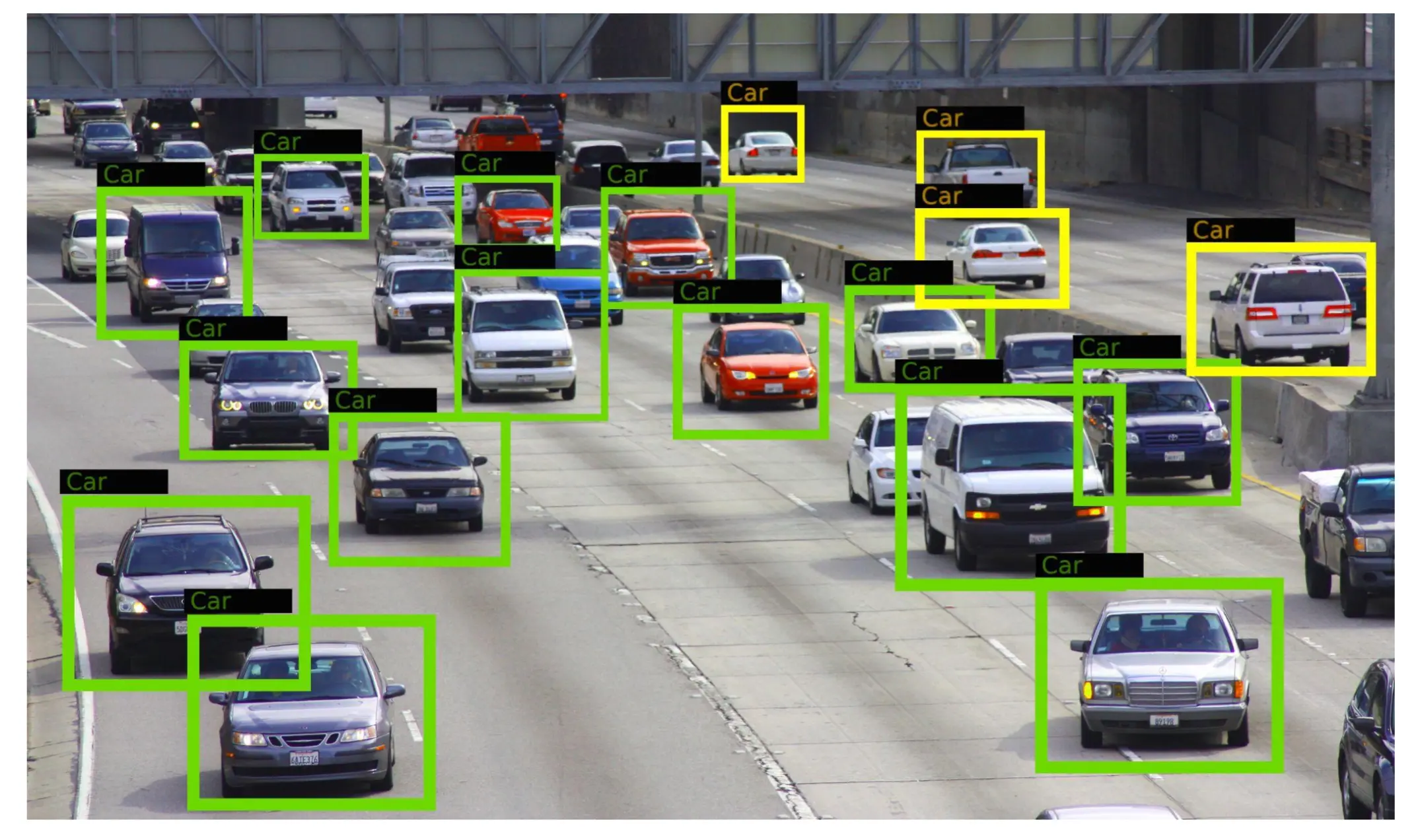- Publication: Deloitte
- Publication Date: January 2024
- Organizations mentioned: Microsoft, Google, Amazon, IBM, Nvidia
- Publication Authors: Deborshi Dutt, Beena Ammanath, Costi Perricos, Brenna Sniderman
- Technical background required: Low
- Estimated read time (original text): 60 minutes
- Sentiment score: 75%, Somewhat positive
Deloitte’s report provides insights from a survey of 2,835 business and technology leaders on the adoption and impact of generative AI in their organizations. It captures sentiments, use cases, challenges, and expectations for transformative impacts in the short term.
TLDR
Goal: Deloitte’s “State of Generative AI in the Enterprise: Quarter One Report” aims to provide insights into the adoption and impact of generative AI in various organizations. Through a survey of 2,835 business and technology leaders, this report captures their sentiments, challenges, and expectations regarding generative AI’s transformative impacts in the near future
Methodology:
- The study involved a survey of 2,835 business and technology leaders who are directly involved in piloting or implementing generative AI in their organizations.
- It aimed to capture a comprehensive view of current sentiments, use cases, challenges, and expectations surrounding generative AI.
- The respondents were senior leaders, including board and C-suite members, from a diverse range of industries and countries, providing a global perspective on generative AI adoption.
Key Findings:
- A significant 62% of leaders expressed excitement about generative AI, with 79% anticipating substantial transformation within their organizations and industries over the next three years. However, there’s also a notable sense of uncertainty (30%) among these leaders.
- Leaders with very high generative AI expertise feel more positive but also more pressured and view the technology as a potential threat to their business and operating models.
- The majority of organizations are currently focusing generative AI efforts on efficiency, productivity and cost reduction rather than on innovation and growth.
- 72% of leaders expect generative AI to drive changes in talent strategies within the next two years, but less than half are sufficiently educating their employees on its capabilities and benefits.
- Leaders are less optimistic about the broader societal impacts of generative AI, with concerns about its potential to centralize power and increase economic inequality.
Recommendations:
- Organizations should adopt a mindset of continuous adaptation and learning. This involves maintaining a beginner’s mindset, recognizing that expertise is an ongoing journey.
- Start with specific use cases for generative AI, but plan for scalability. Successful organizations will move beyond narrow applications, integrating generative AI into wider business strategies.
- Efficiency and productivity gains from generative AI should be strategically reinvested. Options include further development in generative AI, training and reskilling the workforce, and enhancing technological infrastructure.
- Organizations should focus on customizing AI solutions to their unique needs, creating new capabilities that offer a competitive advantage. Balancing quick wins with long-term strategic investments will be essential for sustaining this advantage.
- Addressing the talent gap is critical. This includes recruiting new talent with technical expertise in generative AI and investing in training programs for existing employees.
Thinking Critically
Implications:
- We could see a significant acceleration in generative AI capabilities leading to a widening gap between AI-advanced companies and others. This gap could extend to economic, social, and even political realms, as businesses with advanced AI capabilities may influence market dynamics, workforce requirements, and regulatory frameworks more effectively.
- There would be a higher demand for AI-related skills, leading to a shift in job market trends and educational focuses. This could result in a socio-economic divide where individuals with AI expertise gain prominence, potentially leading to disparities in income and job opportunities.
- Adoption of generative AI at scale would necessitate robust ethical guidelines and governance structures to manage potential misuse and societal impacts. This could spur new regulatory frameworks and ethical debates, influencing how businesses operate and how technology is developed and deployed.
Alternative Perspectives:
- The report’s finding that many leaders feel confident in their organization’s generative AI expertise could be overly optimistic, considering the nascency and rapid evolution of the field.
- The recommendations may underestimate the complexities and challenges in integrating generative AI into existing business processes and models. There are potential risks related to data privacy, ethical use of AI, and the readiness of organizational infrastructure that might not be fully addressed by the report.
- The methodology and conclusions of the report might be biased towards larger organizations with more resources and existing technological infrastructure.
AI Predictions:
- Over the next few years, we can expect to see a rapid evolution in business models driven by generative AI. This will likely include new forms of customer engagement, product development, and service delivery, fundamentally altering competitive landscapes across various industries.
- The increasing adoption of generative AI will likely result in a significant shift in employment and skill requirements across industries. There will be a growing demand for AI literacy and expertise, with a parallel decrease in demand for roles that can be automated by AI technologies.
- A rise in global collaboration and regulation is expected. This will likely include the development of international standards for ethical AI use, data privacy, and security, as well as collaborative efforts to manage the societal impacts of AI technologies.
Glossary
- Cross-Disciplinary Approach: A method of leading and implementing generative AI that involves collaboration across various disciplines and departments within an organization.
- Hallucinations: Instances where generative AI produces inaccurate results or information due to limitations in understanding or data.
- Off-the-Shelf Solutions: Pre-built software or tools that can be used as-is, without the need for customization, to implement generative AI applications.
- Systemic Bias: Inherent biases within AI systems that can lead to unfair outcomes or decisions, often reflecting existing societal, cultural, or institutional biases.
- Data Ownership: The legal rights and control over data, particularly regarding who owns data used for training and operating AI systems.
- Explainability: The extent to which the internal mechanisms and decisions of an AI system can be understood by humans.
- Transparency: The openness and clarity with which an AI system’s functionality, data usage, and decision-making processes are communicated to users and stakeholders.



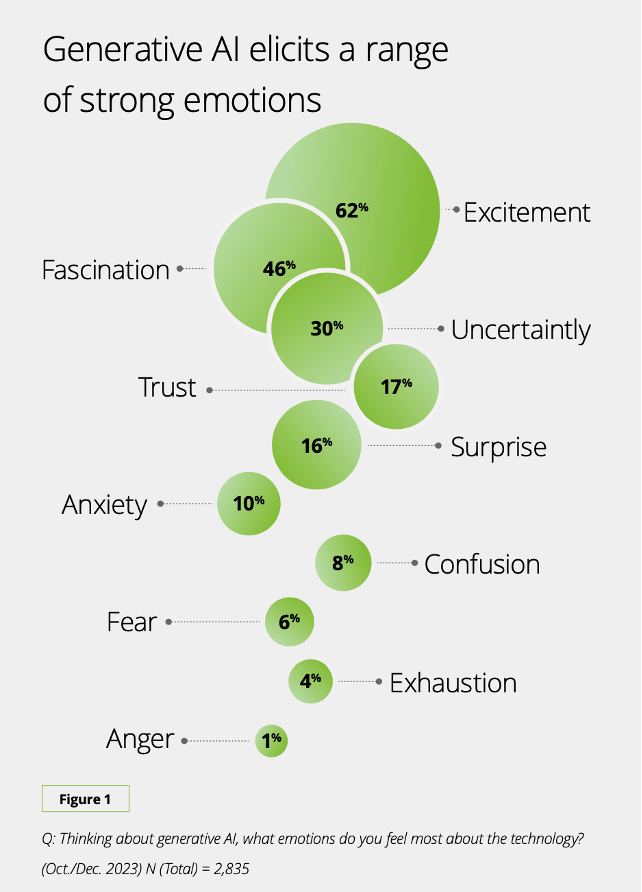
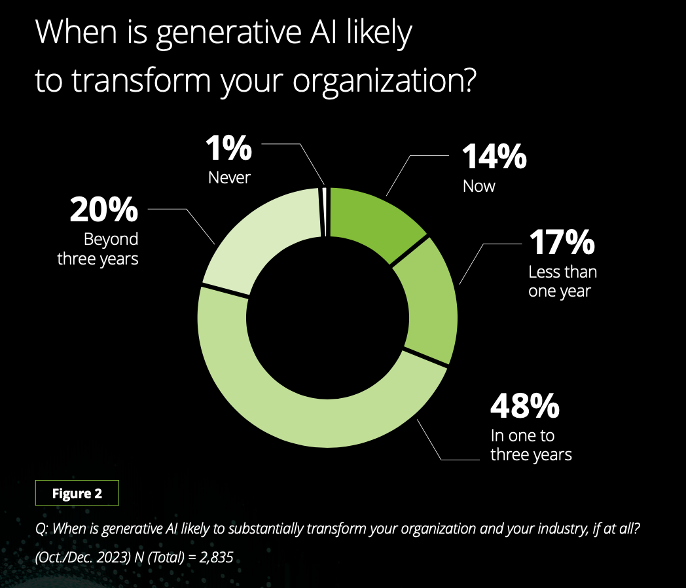
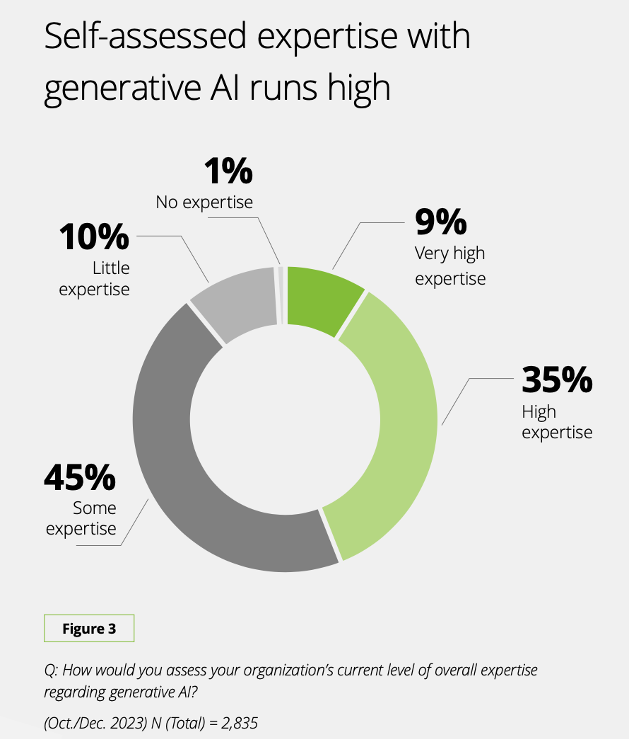
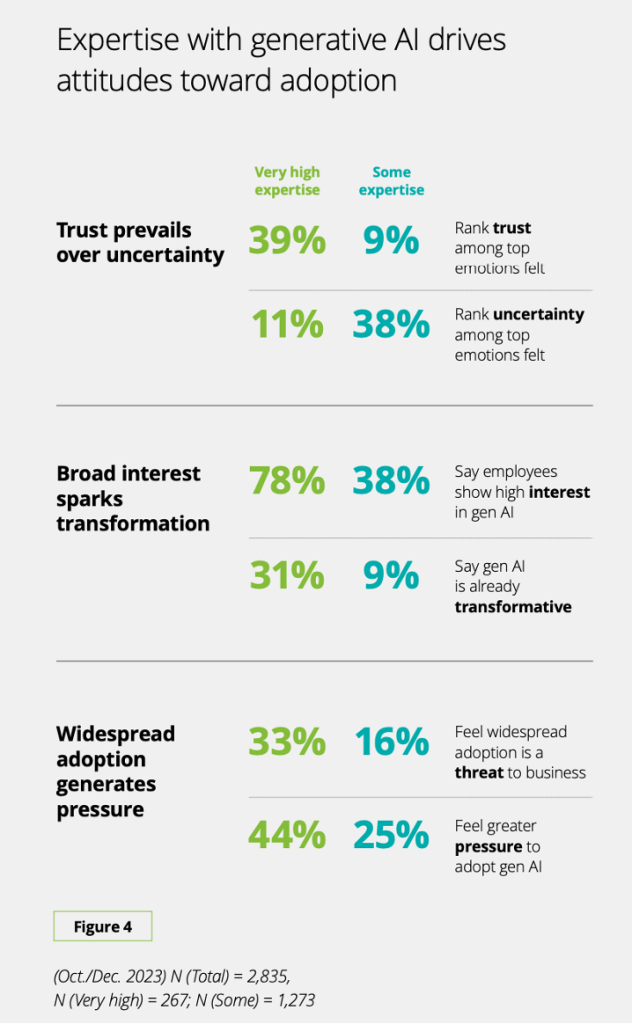
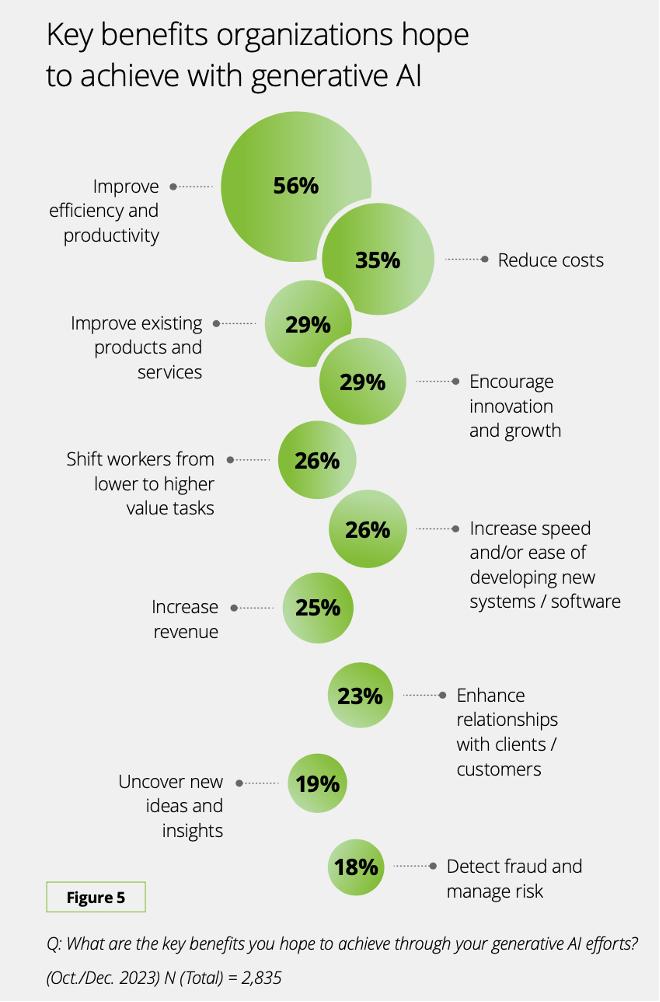
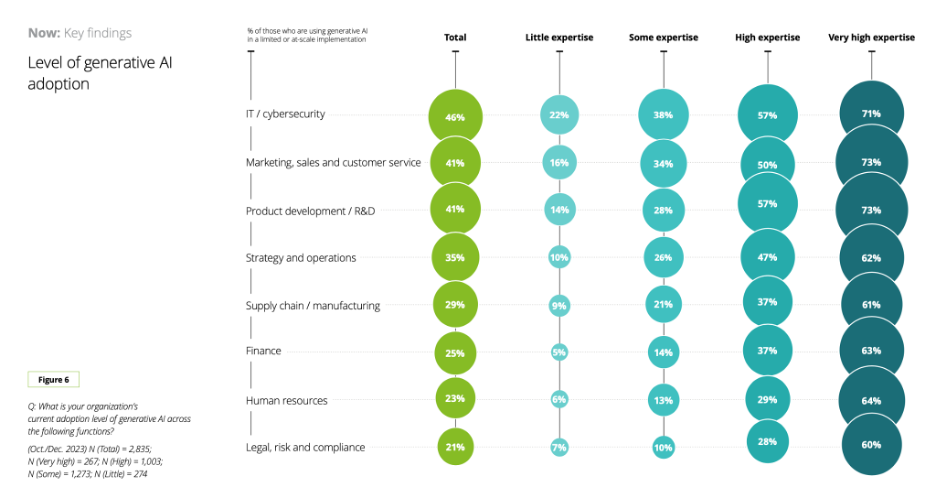
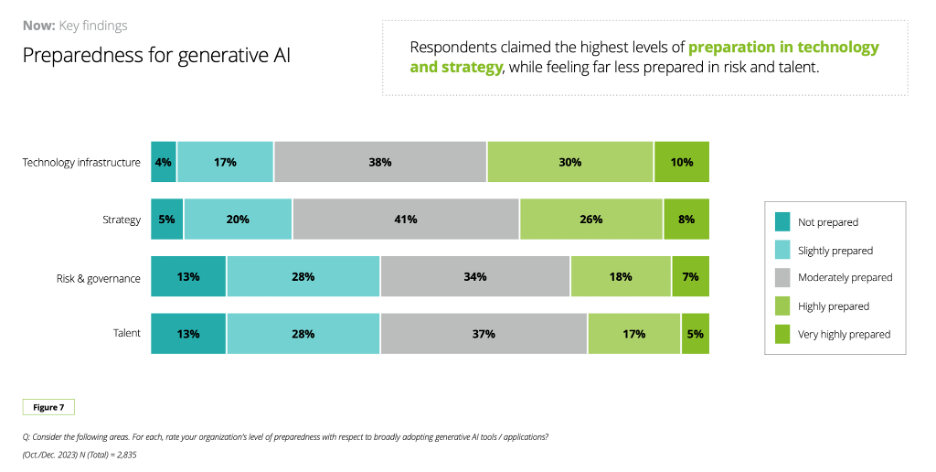
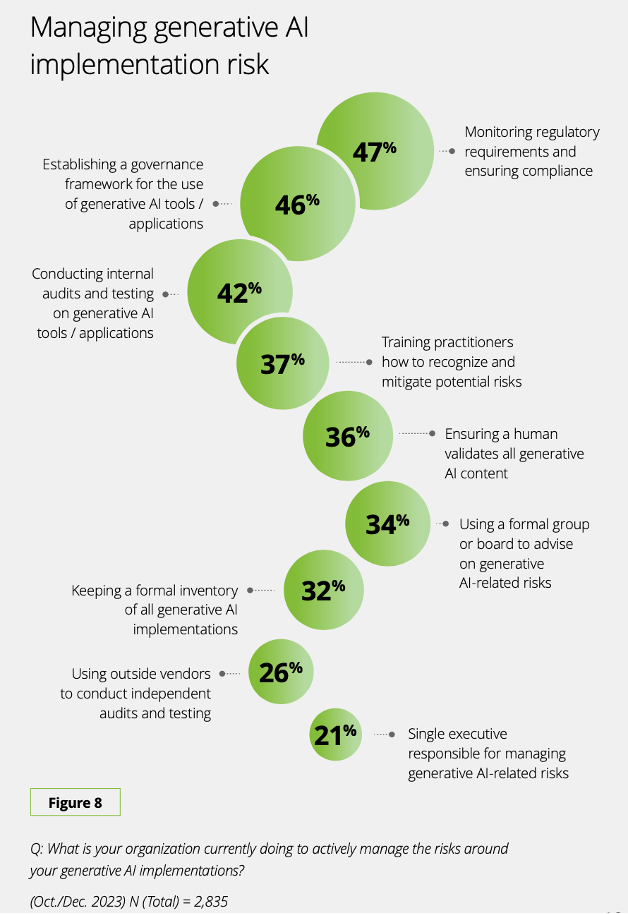
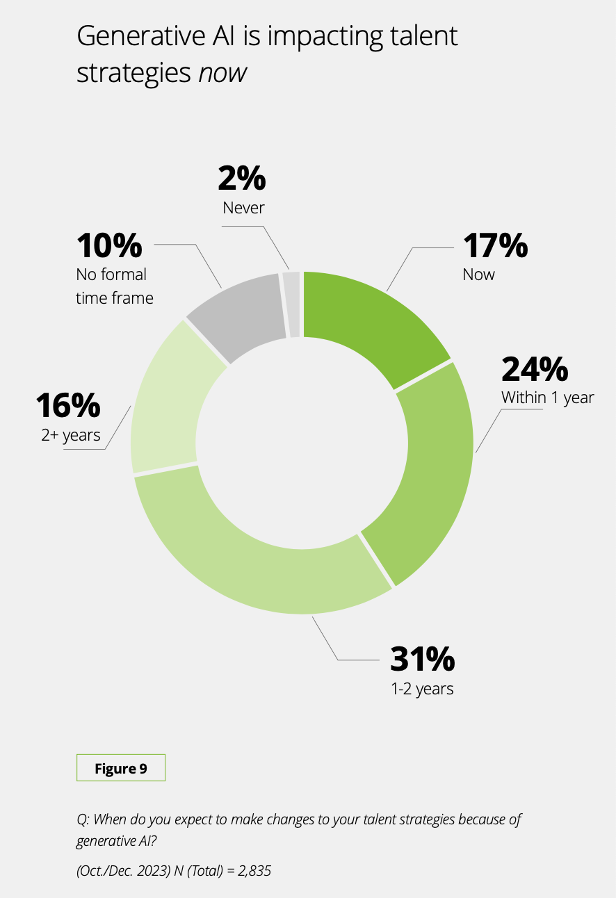

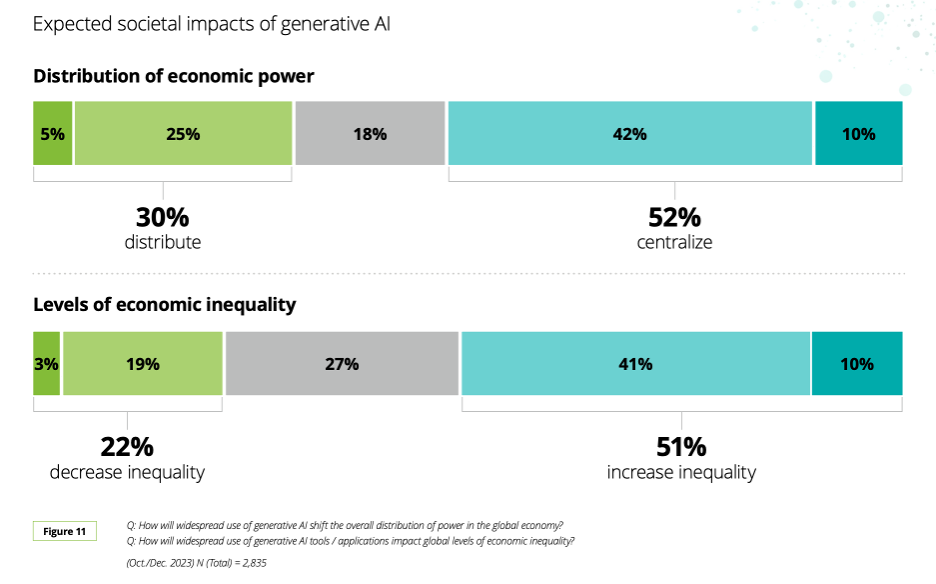
 Join hosts Anthony, Shane, and Francesca for essential insights on AI's impact on jobs, careers, and business. Stay ahead of the curve – listen now!
Join hosts Anthony, Shane, and Francesca for essential insights on AI's impact on jobs, careers, and business. Stay ahead of the curve – listen now!


